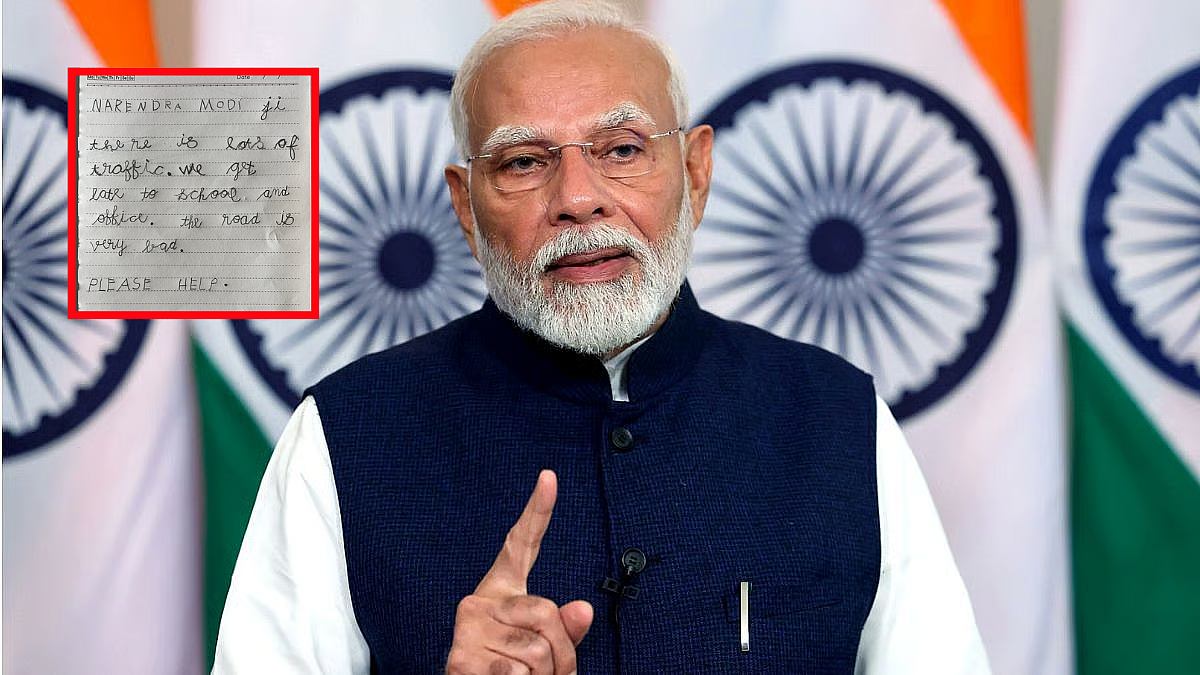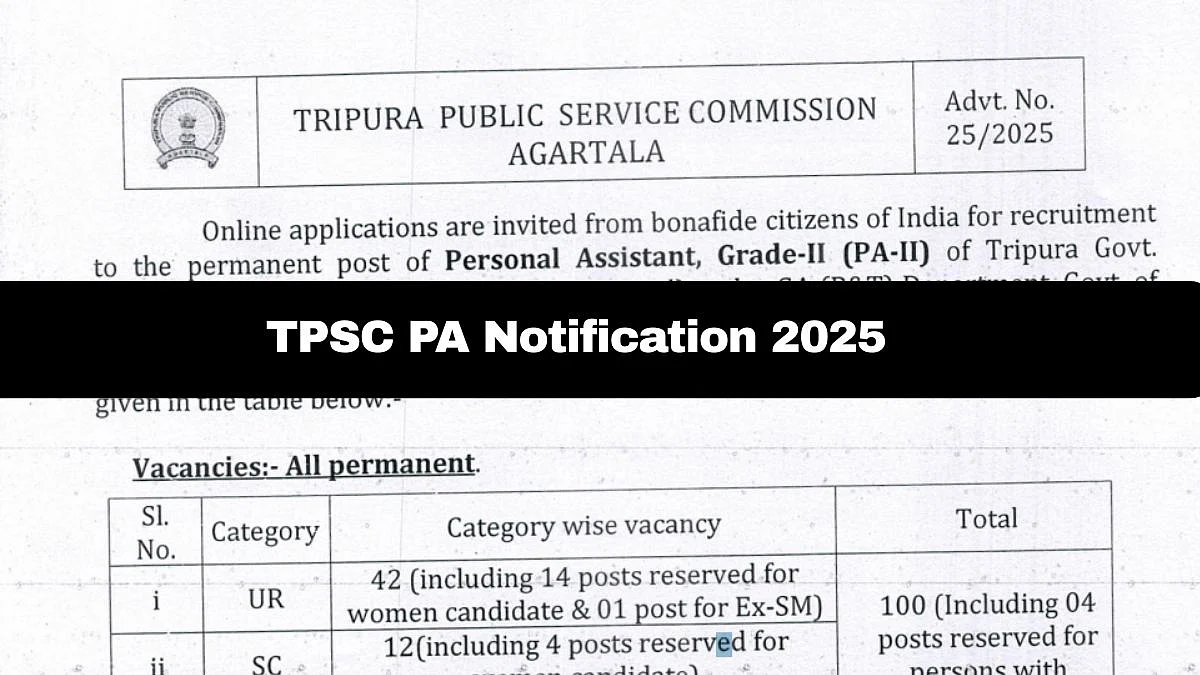Herat [Afghanistan]: On International Youth Day, the United Nations Children's Fund (UNICEF) announced the launch of a vocational training program in Herat province aimed at empowering 200 girls deprived of formal education.
According to a report by Khaama Press, the participants in the six-month program are aged between 15 and 25, representing some of the most disadvantaged youth in Afghanistan.
About The Initiative
The initiative, organized in partnership with Japan, will provide training in sewing and carpet weaving. UNICEF stated the program's objective is to equip the girls with practical skills to support their livelihoods and independence.

Khaama Press quoted UNICEF highlighting that "since the Taliban's ban on girls' education, more than one million girls have been unable to attend school, creating one of the world's most severe education crises." International Youth Day, observed annually on August 12, aims to promote youth rights and opportunities worldwide. Khaama Press further noted that this year's observance comes as millions of Afghan youth face restricted education, high unemployment, and limited personal freedoms.
The training program offers a rare opportunity for Afghan girls to gain employable skills despite ongoing restrictions. Observers quoted by Khaama Press emphasize that such initiatives are vital for preserving hope and opportunity for Afghanistan's younger generation, helping them navigate a future shaped by political instability and social limitations.
However, this hope exists alongside harsh realities, as more than 80 men and women have been subjected to public floggings across Afghanistan over the past month. This alarming rise in punishments has raised concerns among human rights groups about ongoing abuses and a lack of judicial transparency under Taliban rule, Khaama Press reported.

According to Khamma Press, citing a weekly report released on Saturday by the Taliban's Supreme Court, 31 individuals were publicly flogged in the last week alone in several provinces, including Maidan Wardak, Kabul, Zabul, Kapisa, Baghlan, and Kunduz.
The court did not reveal the identities or specific charges of those punished, though other official statements confirmed that 14 people, including one woman, were flogged in Kabul and Zabul for alleged crimes such as alcohol sales, trafficking narcotic pills, and engaging in extramarital affairs.
The court also reported that 10 people in Kabul and Maidan Wardak were punished for alleged theft and drug-related offences. In contrast, eight others in Kabul and Kapisa faced similar punishments for drug trafficking, Khamma Press reported.
In total, Taliban officials say 81 individuals have been publicly flogged in recent weeks, with punishments frequently carried out in front of gathered crowds, despite repeated international condemnation and calls to end corporal punishment, which many human rights organisations regard as a form of torture.
Human Rights defenders argue that these floggings highlight the Taliban's continued disregard for fair trial procedures and legal standards, exacerbating concerns over the country's worsening human rights landscape, Khamma Press reported.
Observers warn that such practices are further eroding any prospects for judicial reform in Afghanistan and deepening the Taliban's isolation from the global community.
The practice of public flogging is not new to the Taliban regime, as this is not the first time they have implemented such punishments. The practice was prominent when the militant group was in power in the country before the US and Allied forces invaded it and established a new government backed by the US and allied powers in 2001.
However, since their withdrawal from the country back in August 2021, the Taliban again took over Afghanistan, regaining control.
(Except for the headline, this article has not been edited by FPJ's editorial team and is auto-generated from an agency feed.)











